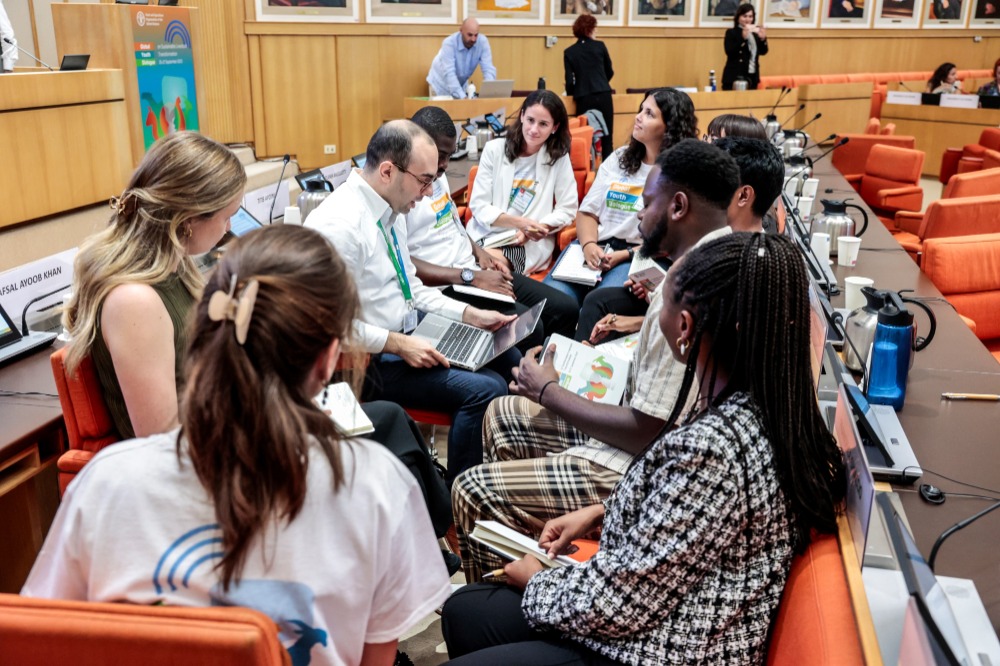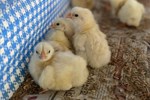RVC students take part in FAO Global Youth Dialogue on Sustainable Livestock Transformation
RVC students Femi Bankole, Lavinia Scudiero and Zip Walton recently partook in a Global Youth Dialogue organised by the Food and Agriculture Organization of the United Nations (FAO), which centred around Sustainable Livestock Transformation at FAO headquarters in Rome, Italy. They were among the academic representatives of the dialogue that aimed to provide youth from different backgrounds and across the globe with a platform to express and exchange their ideas on sustainable livestock transformation.

Representatives engaged with civil society organisations, the private sector and all relevant stakeholders to attend the conference and produce a joint statement based on their discussions and findings. Some areas of discussion proved contentious, such as the inclusion of the term 'peasant, indigenous and traditional knowledge'; narratives on the carbon and methane emissions of livestock; and debates around the health impacts of different livestock products. Drafting this collective document by balancing the views and priorities of different actors proved to be a valuable experience. You can read the statement in full here https://www.fao.org/3/cc8053en/cc8053en.pdf.
The dialogue provided an invaluable opportunity for the students to learn about different perspectives on sustainable livestock practices from youth across the globe. Exchanging ideas with peers from diverse backgrounds highlighted the potential for collaborative solutions and the importance of incorporating objective research opinions into policy discussions.
One significant takeaway was the recognition of the influences and power imbalances among the priorities of different actors involved in sustainable livestock transformation. This understanding emphasised the importance of acknowledging diverse perspectives and working towards a balanced approach that allows for various stakeholders' needs and concerns. The experience emphasised the students' role as academics in advocating for evidence-based approaches and contributing to meaningful policy discussions for sustainable livestock.
Looking ahead, RVC students remain committed to engaging in similar endeavours and leveraging their research findings to influence policy decisions positively. They recognise the importance of continuing to voice their perspectives to contribute to the advancement of all aspects of sustainable livestock practices.

You may also be interested in:
-
New research from the RVC on India’s antibiotic regulation identifies framework for policy development in livestock
The Royal Veterinary College (RVC) has led novel research on India’s 2019 ban on the use of …

